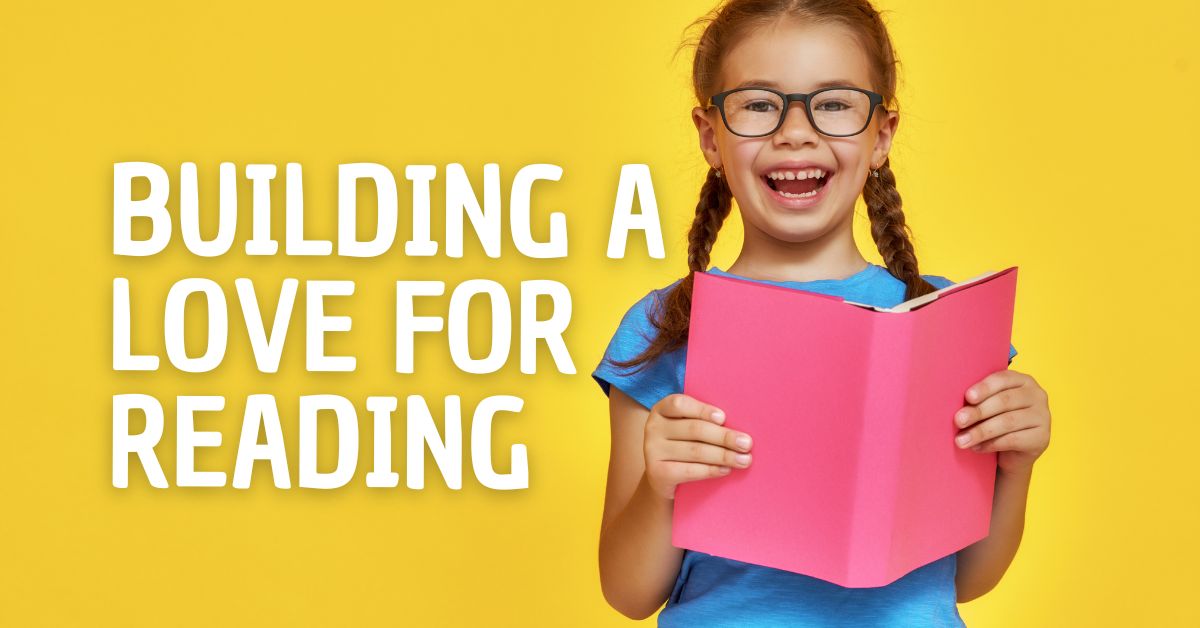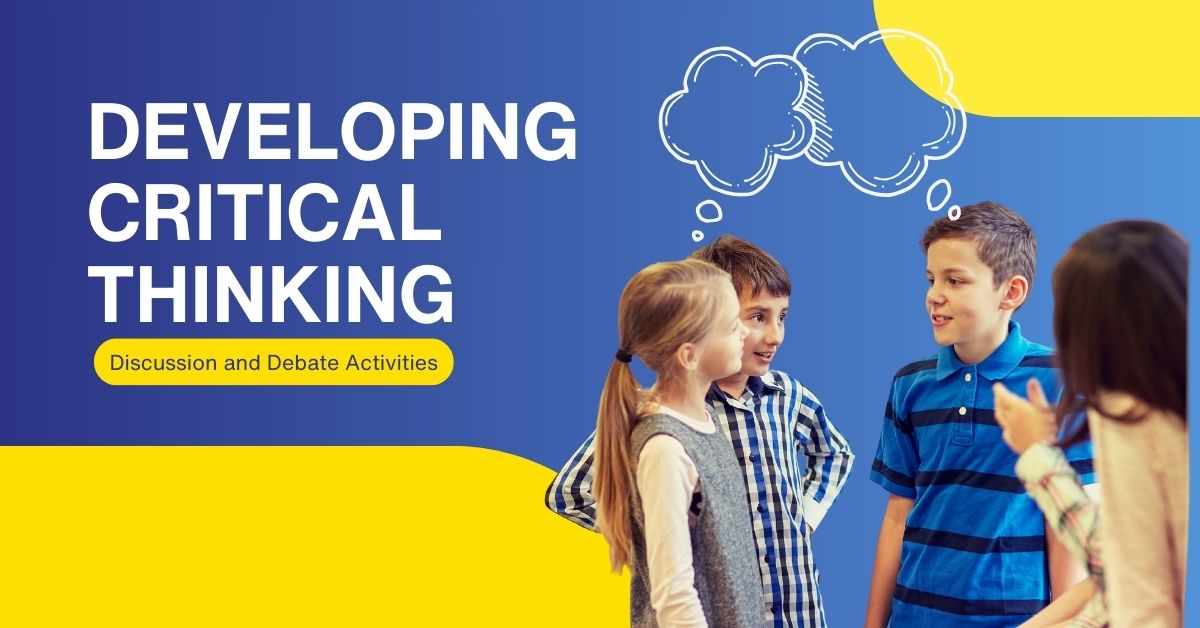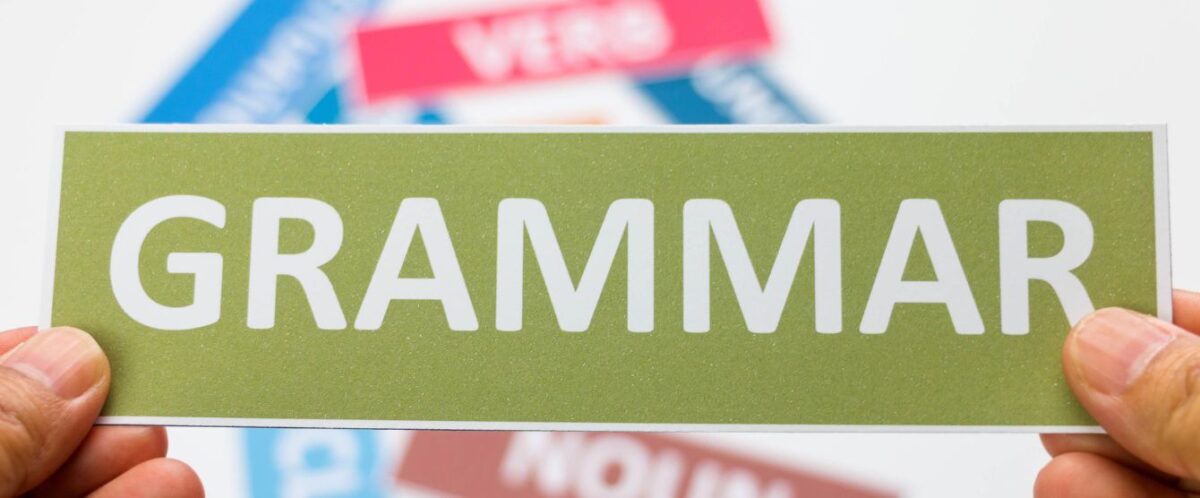In today’s complex world of homeschooling, parents are on a quest for methods that not only educate but also inspire and engage their children. Enter the Charlotte Mason approach to reading. A methodology that weaves together the beauty of storytelling with the richness of education, it offers a refreshing alternative to traditional teaching methods. Especially […]











